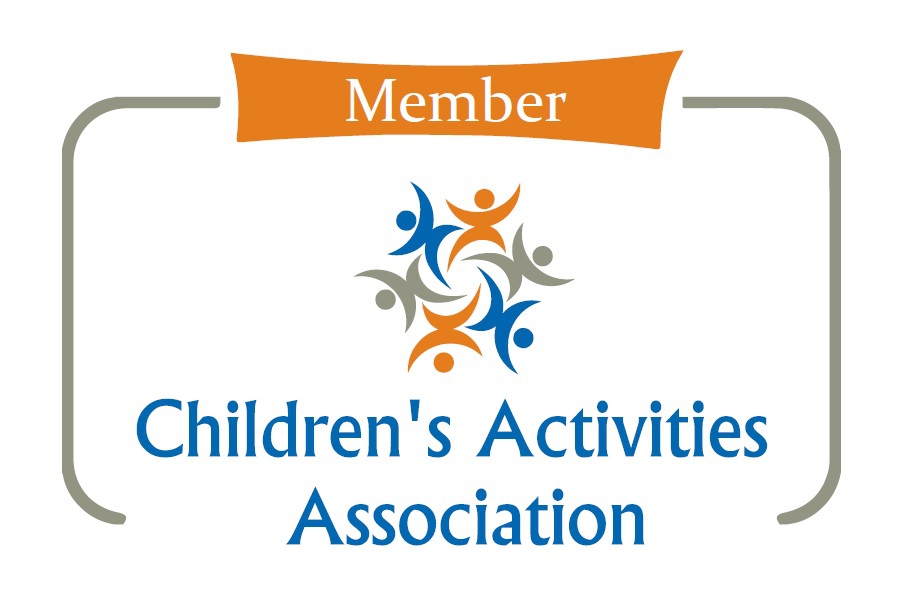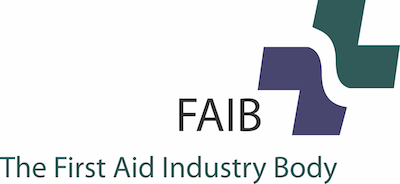At Mini First Aid, we know that being a parent comes with its fair share of joy, chaos, and - let’s face it - worry. Whether it’s fretting over scraped knees or feeling anxious about your child heading off to secondary school, parental anxiety is real. In fact, it’s something we see time and time again in our first aid classes. Parents want to be prepared, not just for bumps and bruises but for the emotional rollercoaster of parenting too.
In this blog we dive into parental anxiety - what it is, why it happens, and what you can do when worry starts to take over. We sat down with counsellor and mental health trainer Jaimie Shires, a member of the British Association of Counsellors and Psychotherapists, to explore the real pressures parents face - and how to find calm in the chaos.
Is it normal to worry so much?
Absolutely. According to Jaimie, “It’s in our wiring.” From the moment you see those two blue lines on a pregnancy test, the worry switch seems to flick on. And from first foods to first steps, starting school to first solo trips to the shops - there’s always something new to worry about.
But here’s the thing: parental anxiety is natural. We worry because we care. And because we want to get it right. But if left unchecked, that worry can begin to affect our health, our parenting, and even our relationships.
Why is anxiety more common than ever?
“We live in a society that overthinks,” says Jaimie. And it’s true. From scrolling social media to doomscrolling the news, it’s hard to escape the constant stream of worrying messages. We hear about worst-case scenarios almost daily - and it’s no wonder our brains stay on high alert.
Throw in the pressure to be the perfect parent, and you’ve got a cocktail of anxiety just waiting to bubble over. Jaimie points out that “media and social media are designed to hook us in through fear. But we do have a choice in what we take on board.”
The modern parent’s dilemma: Tech, anxiety and screen time
Let’s face it - most of us are glued to our phones. And so are our kids. But Jaimie reminds us that technology is just a tool. “The tool itself isn’t the problem,” she says. “It’s about how self-aware we are when using it.”
Whether it’s obsessively checking parenting forums or worrying over what our children are seeing online, the advice is the same: model good habits. Be mindful of how tech makes you feel - and talk openly with your children about their own tech use. Creating open communication and emotional awareness early on is key.
The power of self-awareness
One of Jaimie’s top pieces of advice for parents is to build self-awareness. It’s not about never worrying. It’s about noticing when your worry is spiralling, and learning how to calm your own nervous system before your child picks up on it.
“Children are biologically wired to tune into us,” Jaimie explains. “They’re constantly reading our moods, facial expressions, and energy.” So if you’re constantly anxious, your child may learn to feel unsafe too - even when they’re perfectly fine.
Anxiety spikes during big transitions
So when does anxiety hit the hardest? According to Jaimie, it’s “at every developmental stage.” Whether it’s starting nursery, going to big school, or learning to ride a bike, every milestone is a mini letting go - and that can be tough.
The biggest thing to remember? “It’s OK to grieve each stage,” Jaimie reassures. Yes, really - grieving. “You’re saying goodbye to the baby phase, or the toddler phase, or the primary school years. It’s a process of loss and change.”
Let yourself feel it - but also look for the positives. Celebrate every proud moment and every happy school pick-up. Even when the morning drop-off is full of tears, remember: this phase is temporary.
Can my anxiety rub off on my child?
Short answer? Yes. Children are like emotional sponges. If you’re fretting, they’re going to feel it - even if you’re not saying it out loud.
So how can you avoid passing on your stress?
“It starts with a pause,” Jaimie suggests. “Take a deep breath and ask yourself, what do I really want to communicate here?” If you want to raise a confident child, you need to start by showing trust - trust in them, and trust in your own parenting decisions.
Quick calming hack for anxious parents
When panic starts creeping in, Jaimie recommends this simple trick:
Pause. Breathe. Reassure yourself. Say: “Of course it’s natural to worry - but I don’t want to pass this onto my child.”
Like any muscle, this takes practice. But the more you use it, the easier it becomes to regulate your own reactions - especially in those emotionally charged moments.
What about big firsts - like taking the bus alone?
If you’ve got a tween or teen itching for independence, letting them go out alone can feel like a major test of your nerves. But here’s the key: set boundaries that help you both feel safe.
“Give them freedom, but with agreed expectations,” says Jaimie. For example:
- A quick text when they get on and off the bus
- Letting you know where they’re going and who with
- Checking in at agreed times
This helps children build confidence, while helping parents stay (reasonably) calm. And if they forget to check in? “Use it as a learning moment. Sit down and problem-solve together.”
Teaching risk without scaring them
You want your child to be street smart - but not scared. It’s a tricky balance. Jaimie suggests:
- Talk about scenarios, not scary people.
- Ask open-ended questions: “What would you do if you felt uncomfortable?”
- Emphasise that they can always call you - no judgment.
This way, you’re empowering your child to make good decisions, without filling their world with fear.
When your child gets poorly
Health-related anxiety is huge for parents. One sniffle and we’re Googling symptoms, worrying it’s something serious. And if 111 tells you to head to A&E, it’s easy to spiral into panic mode.
But your child is watching you - especially when they’re ill. “Even if you’re anxious, your message should be: ‘You’re going to be okay,’” says Jaimie. That confidence can help your child feel more secure, even in scary situations.
When does parental anxiety become a problem?
So how do you know when worry has tipped into something more serious?
Jaimie says to look out for:
- Constant physical symptoms (tight chest, headaches, fatigue)
- Obsessive thoughts or routines
- Controlling behaviour
- Strain in your relationships
- Feeling unable to switch off
“If anxiety is affecting your physical or mental health, or your relationships - it’s time to get support,” says Jaimie.
Where to get help for anxiety as a parent
You are not alone - and you do not have to just live with this. Here are some places you can turn to:
- Mind – Mental health support and resources
- Anxiety UK – Specifically supports people living with anxiety
- Family Lives – Practical advice across all stages of parenting
- BACP – Find a qualified counsellor
- Speak to your GP – They can refer you for therapy or prescribe medication if needed
- Employee Assistance Programmes (EAPs) – Check if your employer offers free access to counselling
Whether you need short-term reassurance or long-term support, there are compassionate professionals out there who can help.
Top takeaway: Trust your intuition
Jaimie’s golden piece of advice?
“Trust your intuition. It’s your internal GPS - and it’s rarely wrong.”
When you’re in tune with yourself, you’re more in tune with your child. Don’t let your overthinking mind override what your gut is telling you.
Final thoughts
Anxiety is part and parcel of parenting - but it doesn’t have to control you. The key lies in self-awareness, open communication, and a willingness to reach out when you need support.
At Mini First Aid, we believe that calm, confident parents raise calm, confident children. So next time your anxiety kicks in, take a breath, trust your instincts - and remember, you’ve got this.
Listen to the podcast
Listen to this episode of the Family Health by Mini First Aid podcast – available on all major platforms, or watch on YouTube.
Our Best Sellers Bundle
Our Best Sellers Bundle is the perfect grab-and-go kit for families. Priced at just £20 (down from £24.97), it includes three top-rated items - an award-winning first aid kit that slips neatly into your rucksack or buggy, and an A5 first aid guide that covers most common home emergencies. Loved by parents for its practicality and value, this bundle delivers peace of mind on every outing.









